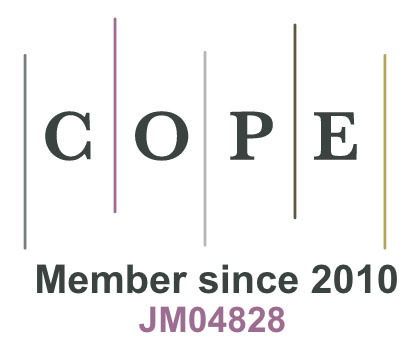Why concept analysis?

Concept analysis continues to be a cornerstone of many doctoral programs, but as important as this activity is, very few reach a level of development that is suitable for publication. The current featured article, titled “Concept Analysis: Method to Enhance Interdisciplinary Conceptual Understanding” explains an approach to concept analysis that can enhance the quality and worth of this very important activity. The author of this article, Susan Bonis, has one of the best explanations about “why” this is so important, and has provided this interesting background about her work:
It is an honor to have this article published in ANS. This method of concept analysis is a critical component of work related to understanding, defining and describing the foundation of nursing knowledge: What is nursing? What is the unique contribution of nursing to the health care arena? What is nursing research? What is nursing knowledge? Although these are not new questions, they are questions that arise almost daily. How do we respond?
This method of concept analysis is one means to provide clarification to these questions. A previous article, Knowing in Nursing: A Concept Analysis (Bonis, 2009, JAN, 65(6)) provided interesting insight to nursing knowledge, as well as to the knowledge base of other disciplines. According to the
findings of that concept analysis, the essence of nursing is personal knowing, or the individual experience of health and illness, of medicine is technical/procedural knowing, and of behavioral health is knowing as a cognitive process. As you can see from the findings of this study, the knowledge base of each discipline is unique; therefore, the contribution of each discipline to the health care arena is unique.
Understanding how concepts are used within disciplines is critically important for nurse researchers, who tend to ‘borrow’ research instruments from other disciplines. How a concept is understood and used in nursing is not necessarily the same as how that concept is understood and used in other disciplines. For example, the Empathy Quotient was developed by Simon Baron-Cohen (psychologist) as a diagnostic tool to differentiate between the cognitive processes related to empathy in normal-functioning adults and those with Asperger’s syndrome. Although it is a beautiful tool and very useful for diagnostic purposes, it would not be appropriate for a nurse researcher interested in understanding more about empathy as a personal experience for nursing student to use the Empathy Quotient. To do so would be a contribution to the foundation of knowledge for behavioral science, not to the foundation of nursing knowledge.
I experienced a similar situation in seeking to understand more about contentment as a quality of life for parents of children on the autism spectrum. Four research instruments focused on contentment have been developed in the behavioral sciences; each one is a diagnostic tool to measure the cognitive processes that describe depression. It would be inappropriate for me to use any one of those instruments, even though they clearly are used to measure contentment. The conceptual understanding of contentment varies greatly between nursing and behavioral science. Behavioral science uses contentment as a short term cognitive response to events in the moment. In nursing, contentment is used to describe a way of being that evolves over time; a phenomenon at a much higher level of abstraction (but then again, that brings us to another discussion related to phenomenological issues in nursing research. We’ll save that for future discussion!).
What are your thoughts on concept analysis prior to instrument selection? Are we contributing to the knowledge base of another discipline when we borrow research instruments? What about interdisciplinary collaboration? What are the challenges?
Thank you for reading the article! I hope to dialogue on this critical matter in nursing research.





Nursing is a science that teaches us patience and the understanding of a person as a whole. The understanding of a person from the inner aspect such as intelligence, mind, spirit, and soul. The understanding how the body works and how to take care of it so it can last many years. The interdisciplinary analysis concept by Susan Bonis brings the concept of “patient center care” where the holistic approach is considered and not just treating the disease of that individual. Life is a journey that has many transitions. An individual is not prepared physically or mentally with the obstacles that can come up. As a nurse when treating a patient regardless of the reason why he/she came to the hospital I have an opportunity to hopefully fulfill or be a leader and touch that individuals life in that moment of care provided. Hopefully, I will reach them in a holistic level that will provide healing in all aspects of life. Nursing as Bonis discusses has many disciplines that we can use to provide care to each individual that we encounter. Research is important because it provides and feeds the curiosity of individual who need the facts and numbers and statistics. The importance is not forgetting the common sense and acting morally intelligent.
Maria, excellent point! It made me think of a news story I saw last week regarding removing recess from elementary schools in Florida so more time could be spent in the classroom preparing for standardized testing. One mother was testifying before the school board in Orlando and stated “What good is it for my daughter to get into Harvard if she has no social skills?”! What good is a nurse if she knows and understands all the concepts and theories but cannot apply them to real practice successfully? We still need common sense and critical thinking!